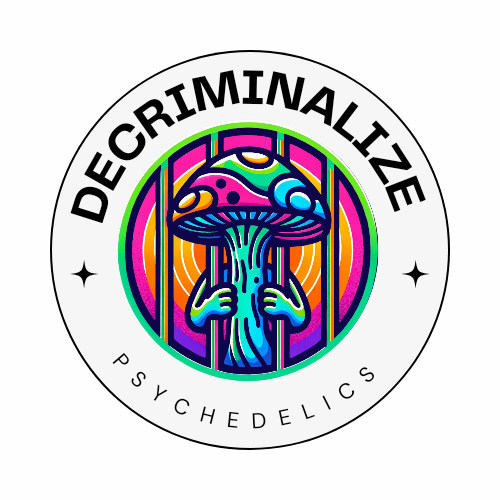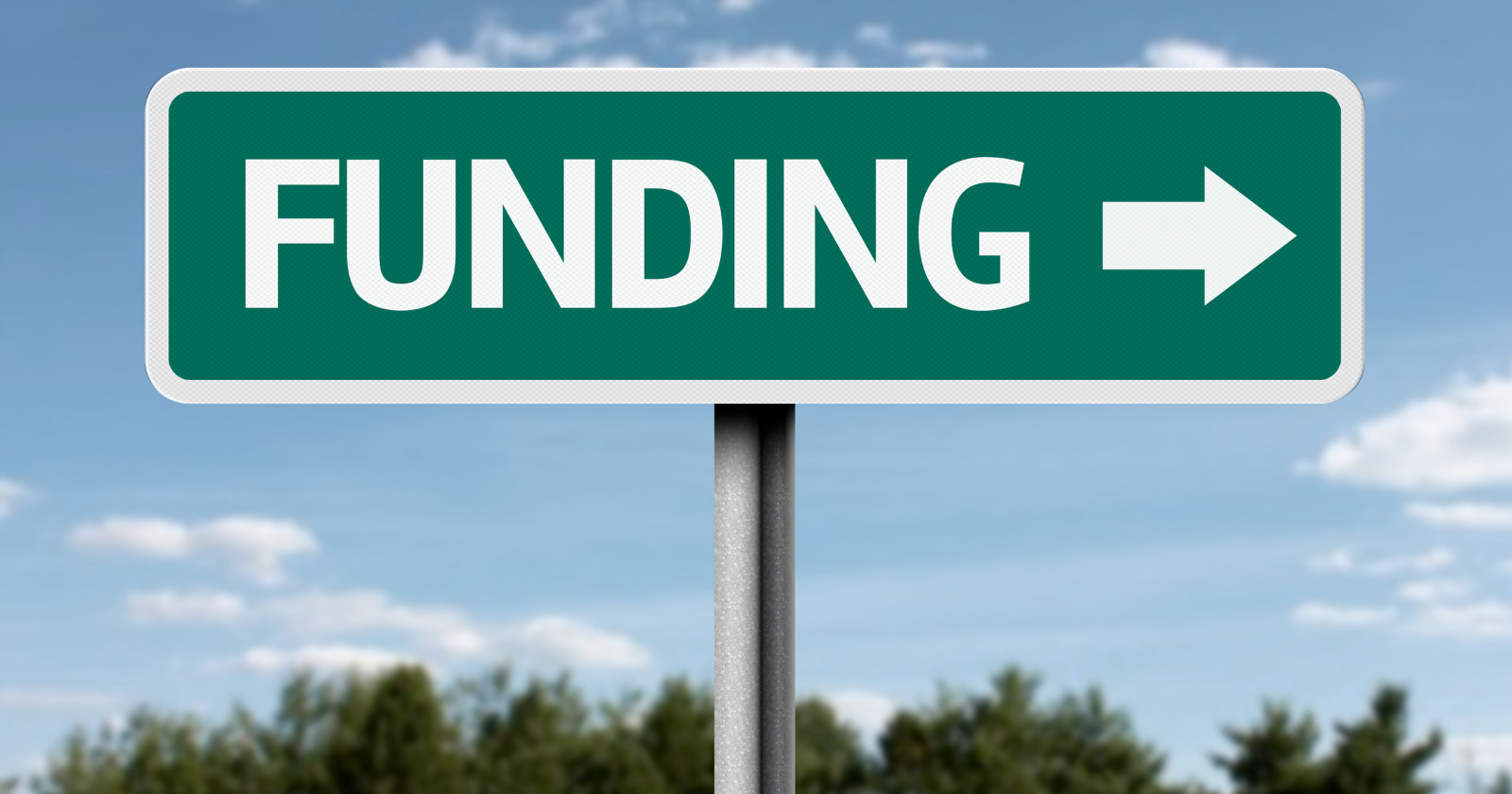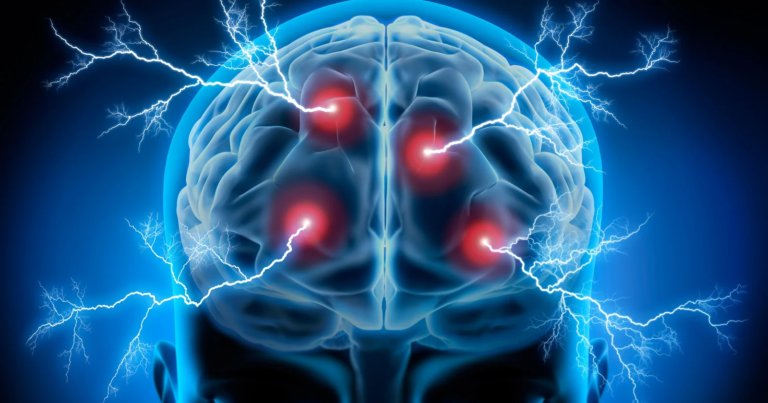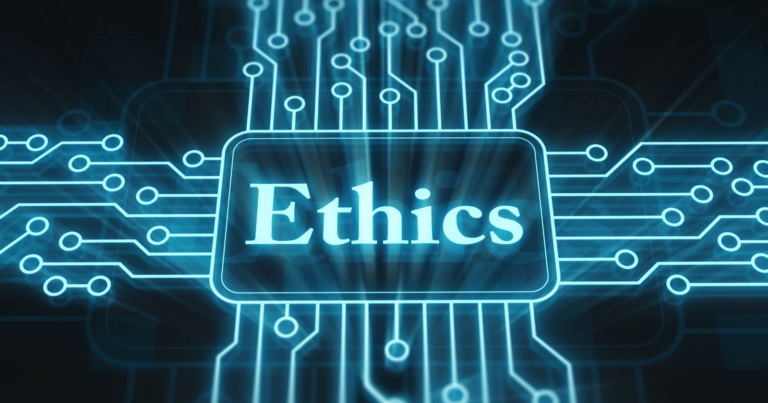Psychedelic research. Decriminalization. Funding.
It’s a hot topic right now, but it’s also complex and multifaceted.
You might be thinking, “How does all this work? How is psychedelic research funded for decriminalization? Is it even possible?”
There’s a lot of confusion out there, and it’s not always easy to separate the facts from the fiction.
Today, we’re going to cut through the noise and shed some light on this topic.
Here, we explore 7 innovative ways psychedelic research is being funded for decriminalization.
Funding Through Non-Profit Organizations
Let’s start with a personal story:
A few years ago, I attended a conference on psychedelic research.
I was intrigued by the work of one particular non-profit organization that was making significant strides in the field. They were raising funds to support scientific studies aimed at decriminalizing psychedelics.
The way they did it was clever and innovative.
They organized fundraising events, collected donations online, and used social media to raise awareness about their cause.
They even attracted high-profile philanthropists who were willing to donate large sums of money to support their research.
Non-profit organizations like this one are a major source of funding for psychedelic research and play a crucial role in the push for decriminalization.
Crowdfunding Campaigns
Now, let me take you back to a time when I was scrolling through my social media feed and came across a crowdfunding campaign for a documentary about psychedelic research.
The filmmakers were seeking funds to cover production costs.
In return for donations, they were offering exclusive access to behind-the-scenes footage and interviews with leading researchers in the field.
The campaign was an enormous success, exceeding its initial goal by a significant margin.
It struck me then: crowdfunding campaigns are not just for aspiring filmmakers or tech startups anymore.
They’re also being used as an innovative way to fund psychedelic research and the movement towards decriminalization.
The power of the crowd should never be underestimated.
Government Grants
Despite the controversy surrounding psychedelic substances, it’s worth noting that the United States government has been a source of funding for research in this area.
The National Institute of Health (NIH) has funded over $100 million worth of research into the therapeutic potential of psychedelics since the 1990s.
The NIH grants are competitive and prestigious, receiving one is a testament to the quality and potential impact of a researcher’s work.
This funding avenue has contributed significantly to our understanding of psychedelics and their potential role in mental health treatment.
Private Donation Funding
I’ll always remember a story I heard about a mother who lost her son to suicide.
He struggled with depression for years, and conventional treatments offered little relief.
After his death, she discovered the emerging research on the potential of psychedelics to treat mental health disorders.
Inspired by this, she made a significant private donation to a research institute specializing in psychedelic studies.
This story is not unique.
Many individuals, moved by personal experiences and the hope for better mental health treatments, offer private donations to fund psychedelic research.
Their contributions, often driven by profound personal losses, are helping to fuel advances in this field and push for decriminalization.
University Funding
During my time at university, I had a professor who was passionate about psychedelic research.
He was convinced of its potential to revolutionize mental health treatment.
Despite the controversy surrounding this field, he managed to secure funding from the university for his research.
He celebrated this achievement with our class, explaining how the university’s support would allow him to further explore the therapeutic potential of psychedelics.
His enthusiasm was contagious and it opened my eyes to the importance of university funding in advancing this field.
Universities, with their access to resources and research facilities, can offer significant financial backing to researchers engaged in psychedelic studies.
This kind of internal funding is another crucial piece of the puzzle in pushing for decriminalization.
Investment from Pharmaceutical Companies
You might be surprised to hear that big pharma is getting involved in psychedelic research.
Yes, the same industry often associated with traditional treatment methods is now dipping its toes into the waters of psychedelic studies.
Several pharmaceutical companies have begun to invest in research into how psychedelics can be used to treat mental health disorders.
They see the potential for new, effective treatments and are willing to put their money behind it.
This industry backing provides significant funding and adds a layer of credibility to the field.
Medical Research Foundations
Medical research foundations are another key player in funding psychedelic research.
These organizations, dedicated to advancing medical science and improving patient care, recognize the potential that psychedelics hold for treating a range of mental health disorders.
I remember attending a lecture by a representative from a renowned medical research foundation.
He spoke passionately about their commitment to groundbreaking research, including investigations into the therapeutic potential of psychedelics.
They were actively funding projects in this area, seeing it as an important frontier in mental health treatment.
Social Impact Funds
Last but not least, let’s talk about social impact funds.
These funds invest in projects that generate both financial returns and positive social or environmental impact.
One day, while doing some research, I stumbled upon a social impact fund that was investing in psychedelic research.
They believed that funding this type of research could lead to breakthroughs in mental health treatment and ultimately create positive social change.
This innovative approach to funding is another important source of capital for psychedelic research. It helps researchers continue their work and get one step closer to decriminalization.
And there you have it.
Seven different innovative ways psychedelic research is funded for decriminalization.
Each one plays a crucial role, contributing not only funds but also lending credibility and support to this groundbreaking field of study.











